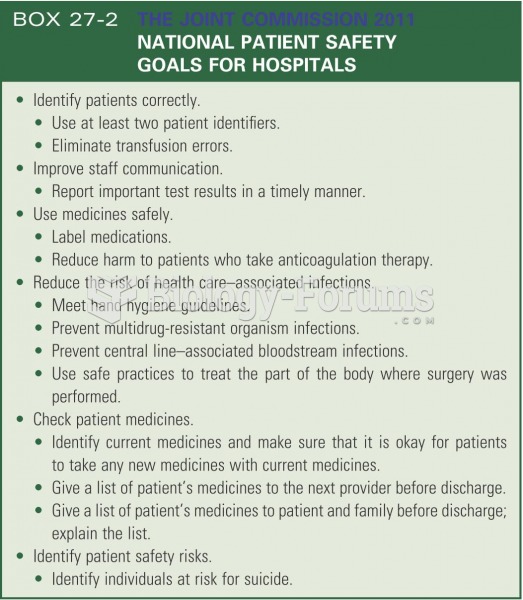Answer to Question 1
c
Answer to Question 2
Appeals courts approach appellate decision making in different ways, depending on the types of questions presented for review on appeal. Sometimes appellate courts are very deferential to what happened in lower courts, while other times they give no deference at all. How much deference or scrutiny an appellate court will afford to the decisions of a judge, jury, or administrative agency in an appeal is referred to as the standard of review. The most frequently used standards of review in criminal cases include de novo, mixture of de novo and clear error, clear error, reasonableness/substantial evidence, and abuse of discretion.Given these standards of review, criminal appeals rarely involve questions of fact decided by a judge or jury. Because they have not been directly exposed to the evidence, appellate courts are reluctant to second-guess findings of fact made in lower courts. Factual findings, whether by the trial court judge or the jury, are rarely a basis for reversal. . . . Absent certain types of error, it is improper for the reviewing court to substitute its judgment for that of the jury; having guilt or innocence decided by the community is a central tenet of the American legal system. The rationale for the principle that it is the exclusive province of the fact-finder to determine credibility is that the fact-finder had the opportunity to see the witness(es) testify at trial, and is therefore in a much better position to determine credibility issues. Equally cogent is the idea of judicial economythat the already overburdened judicial system simply cannot afford to retry every case on appeal. (TerBeek, 2007, p. 36). In contrast to the highly referential appellate review of factual issues, questions of law are reviewed without deference on appeal. Questions of law (or mixed questions of fact and law) that are commonly raised on appeal include defects in jury selection, improper admission of evidence during the trial, and mistaken interpretations of the law. The appellant may also claim constitutional violations, including illegal search and seizure or improper questioning of the defendant by the police. Finally, some defendants who have pled guilty may seek to set aside the guilty plea because of ineffective assistance of counsel or because the plea was not voluntary.






